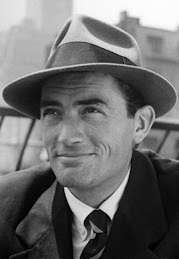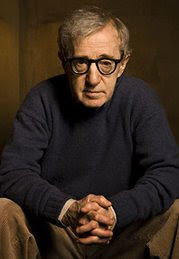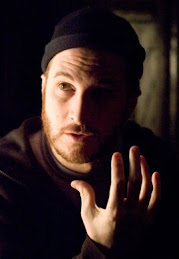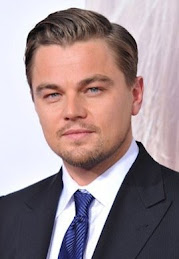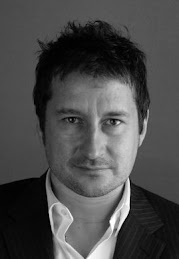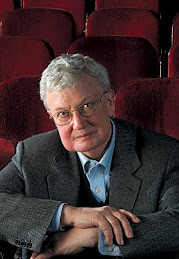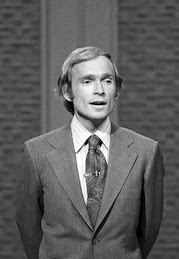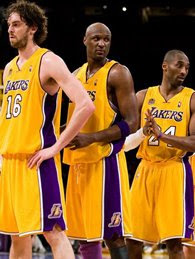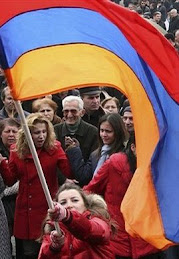Yerek Yereko (Three Evenings) is an independent film from Arshak Amirbekyan, and it held its World Premiere in Los Angeles on June 9, 2010. Now, it’s scheduled to screen at the Arpa International Film Festival at the Egyptian Theatre, and I wonder if my fellow brothers and sisters will show up this time, because the theater was awfully empty several months ago.
Yerek Yereko is not your typical feature film. I was surprised to find out its running time was only 64 minutes – that’s either excellent storytelling or an extremely repetitive short film. In addition, the film was produced with a consumer camera (HDV) with a budget of $2,500. If you’re still not convinced, it is also a period piece set in the 1960s.

In the film, a lonely man (Georgi Amirago) spends his days writing his doctoral thesis, and spends his days behind his typewriter in the midst of parties and celebrations that often occur in the apartment below his. On a particular evening, he sees a young woman (Kristina Zaminyan) standing outside his window, and discovers that she has been following her husband, who seems to be having an affair with a woman from his building. In their second meeting, the man finds the young woman waiting outside once again; this time, in the rain. They have a brief conversation, until she agrees to come inside for a cup of tea. It is there we discover that he is studying to become a scientist, and that she is married with three children, uncertain of where her life is headed. In her fragile position, she confides in him and tells him how she really feels, as she reveals her vulnerabilities and fears about life and marriage. Suddenly, she decides to leave, despite that it is still raining – it is only right to do so.
I realized by this point of the film that these characters had not introduced themselves to each other, or to the audience, for that matter. In a sense, this added a layer of a dreamlike quality between them and contributed to the atmosphere of the film. On the following day, the young woman decides to drop in unexpectedly. It’s a change of pace for the story because it is the first time she has taken the initiative. They drink beer, eat sandwiches, and laugh – allowing their friendship to form, as they grow closer. They even begin dancing – at first, it’s upbeat and fun to see them break free, and later, it's a slow dance. Their evening shifts into something much more intimate, as their relationship begins to evolve. This doesn't establish into a feeling of romance, but rather companionship. She's there for him, a lonely fool, and he's there for her, a lady in distress.

I don't want to go any further, but this is not a film of expectations. Instead, it's about finding a friend and establishing a compassionate relationship. It's an intimate film that deals with companionship, rather than sexual desires. In the end, there is a feeling of lost love, even though that love is never established in the conventional sense.
Yerek Yereko was adapted from a short story that the filmmaker’s father had originally written. It’s quiet, atmospheric, and gives way to the emotions of the leads, who never let their vulnerabilities steer them away. Yerek Yereko is a rare film that provides us with a sense of our culture. It is a film that could have been produced decades ago, when Italian neorealism films were presenting us with a look at life after the war. In a similar sense, Mr. Amirbekyan presents us with a film that deals with realism. It’s a beautiful film that speaks to our hearts and allows us a look at a hopeless love story.

Yerek Yereko has its share of flaws, from its sound design to its screen direction. In a sense, I was able to look past all of this - and I hope others will too – and focus on the intentions of the filmmaker, the overall story that he has presented for us. I was drawn to the screen and fell in love with the characters in the film. I felt proud, as I listened to the actors speak Armenian, and later read the credits in my mother tongue. I only wish there were more of us in attendance at the screening that evening, but perhaps, they will show up another evening.
Yerek Yereko is scheduled to screen on September 18 at the Napa Sonoma Wine Country Film Festival and on September 25 at the Arpa International Film Festival. I am currently in talks with the filmmaker to help bring the film to more screens in Los Angeles for the Armenian community.










